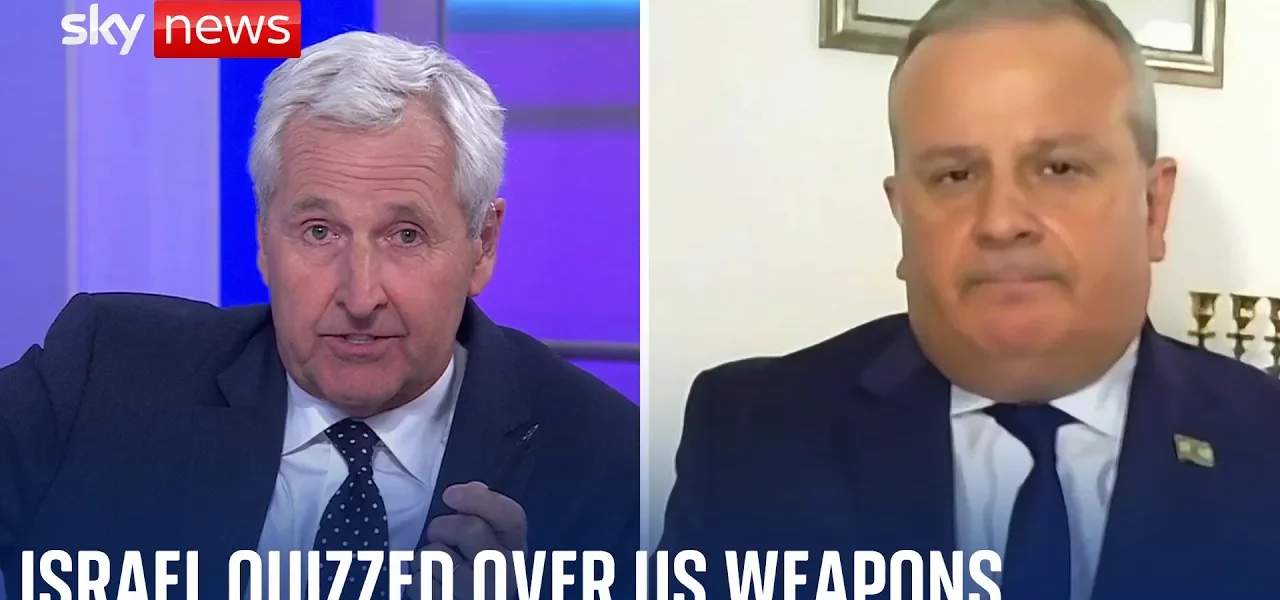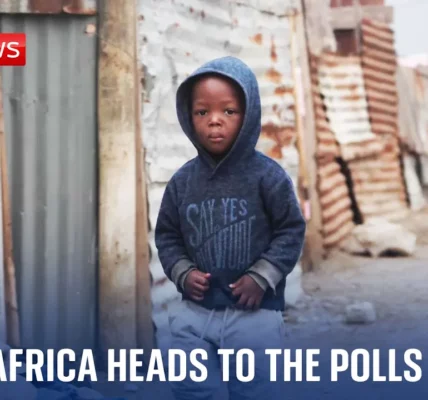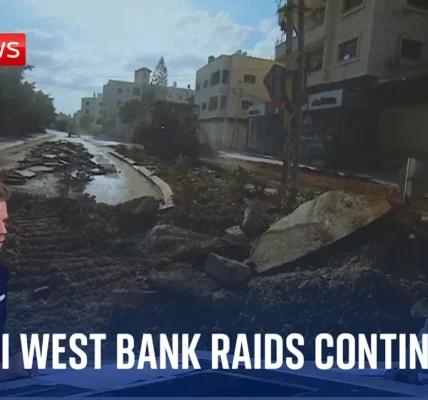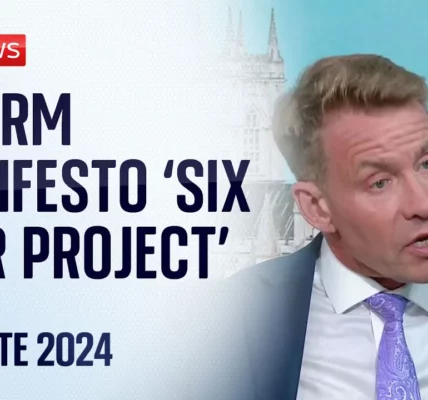Anthony Blinken Addresses Use of U.S. Munitions in Conflict

In a recent discussion, U.S. Secretary of State Anthony Blinken faced tough questions regarding the use of American munitions in military operations against Hamas. This article provides a comprehensive overview of the key points discussed, the implications of these statements, and the broader context surrounding the ongoing conflict.
Introduction
The ongoing conflict between Israel and Hamas has sparked intense scrutiny over military operations and the types of munitions utilized. In a recent interview, Secretary of State Anthony Blinken was questioned about the provenance of the munitions used in a particular strike that resulted in civilian casualties. Despite the advanced capabilities of the Israeli Defense Forces (IDF), Blinken stated he could not confirm whether U.S. munitions were involved. This claim has raised eyebrows and prompted further investigation into the accountability and transparency of military operations.
Key Statements from Anthony Blinken
During the interview, Blinken was pressed about the use of U.S. munitions in a recent strike that killed Hamas terrorists. Below are the main points he raised:
- **Lack of Confirmation**: Blinken indicated he could not confirm the specifics of the munitions used, which surprised many given the context of the discussion.
- **Absence of Information**: He expressed that he did not have details about the munitions’ origins or manufacturers at that moment, which he found to be an unusual question for an experienced journalist.
- **Focus on Outcomes**: Blinken emphasized that the focus should be on the outcomes of military actions rather than the specifics of the munitions used.
The Context of the Military Operation
The military operation in question involved targeting two Hamas terrorists, who were implicated in attacks resulting in civilian casualties, including the tragic deaths of Lucy D and her daughters. Here’s a breakdown of the context surrounding this operation:
Background of the Conflict
The conflict between Israel and Hamas has a long history, marked by cycles of violence and attempts at peace. The Hamas organization, recognized as a terrorist group by several countries, has been involved in numerous attacks against Israeli civilians and military targets. The operation that raised questions about munitions usage was conducted in this charged atmosphere.
Details of the Strike
- **Target Identification**: The operation aimed to eliminate specific high-value targets within Hamas.
- **Type of Munitions Used**: The smallest munitions available in the Israeli arsenal were reportedly employed, leading to discussions about their potential for collateral damage.
- **Aftermath of the Operation**: Investigations indicated that secondary explosions, likely due to nearby Hamas weaponry, contributed to civilian casualties.
Public and Political Reactions
The statements made by Blinken and the surrounding events have elicited varied reactions from the public and political figures. Here are some of the notable responses:
Domestic Response in Israel
Within Israel, there is a strong sentiment supporting the military objectives against Hamas, with a significant majority backing the government’s stance on the necessity of the operations. This support is driven by the perception of Hamas as a direct threat to Israeli security.
International Concerns
Internationally, the use of U.S. munitions raises ethical questions, especially regarding civilian casualties. Critics argue that accountability must be established to prevent further loss of innocent lives.
Conclusion
The discussion surrounding the use of U.S. munitions in the Israeli military operations against Hamas highlights the complexities of modern warfare, the ethical implications of military actions, and the importance of accountability in international relations. As investigations continue, it is crucial for all parties involved to provide transparency and ensure that civilian lives are prioritized in conflict zones. For more insights on military conflicts and international relations, check out our related articles on [Military Ethics](#) and [Civilian Protection in War](#).
“`




